
Tripoli
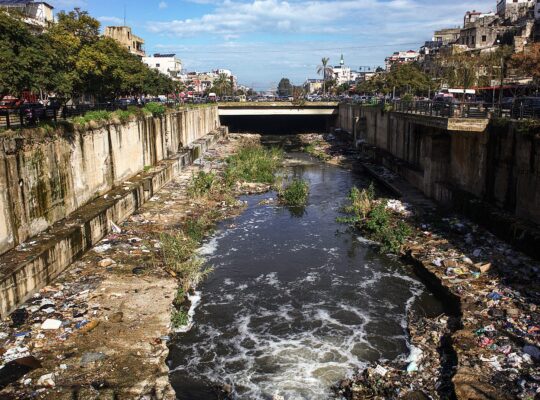
Tripoli’s Troubled Waters
The Abu Ali River in Tripoli, Lebanon, once a vital part of the city, is now a polluted symbol of its deep-seated environmental, social and economic divisions.
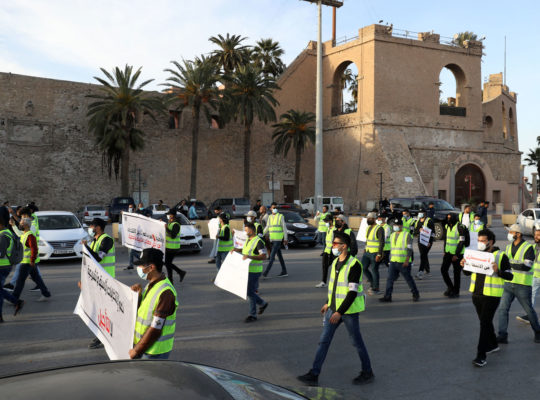
Libya’s Enduring Disorder
So rather than being exotic as it used to be, Libya — with its now serially delayed election, proxy interventions, rival puppet leaders and fragmented institutions — has become completely mundane. Like the now seemingly never-ending Ukraine crisis or infinite rounds of fallout from Brexit, the latest developments in Libya are reminders of what I call in my book the Global Enduring Disorder.

On the Screen, Libyans Learned About Everything but Themselves
From California to Cairo, none of the films that featured my country, Libya, could step out of an Orientalist vision of camels, belly dancers, an endless desert and, of course, our iconic “Brother Leader.”
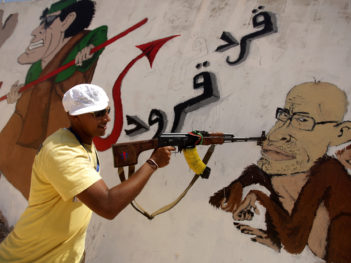
Today’s Libya Won’t Be Easy For Gadhafi’s Son
In the final years of Moammar Gadhafi’s rule, tensions between the autocrat’s two most prominent sons embodied the key ideological question of how — and if — governance ought to be reformed. The ferocious rivalry contributed to the regime’s disjointed response to the 2011 uprisings — and helped bring about its end.
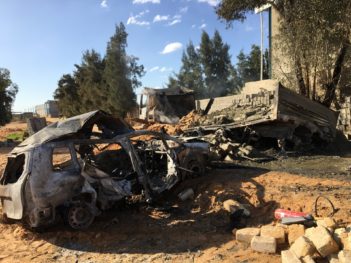
A Libyan Revenant
For one militia commander, a battlefield defeat was payback to the aspiring Libyan strongman Gen. Khalifa Haftar. But it also illustrates in stark clarity how the Middle East’s proxy wars and ideological rivalries have spilled across borders, ensnaring both the innocent and not so innocent.
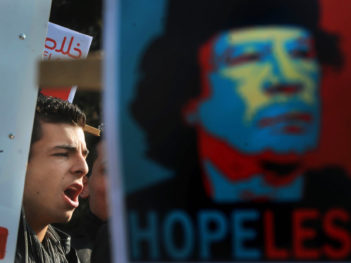
Libya and the Triumph of the Opportunists
Political opportunists can thrive on the penchant of people to long for the old authoritarian system and forget its dark sides. Many Libyans increasingly look back at the stability of the Gadhafi years with some nostalgia, even if they fervently supported the 2011 revolution.
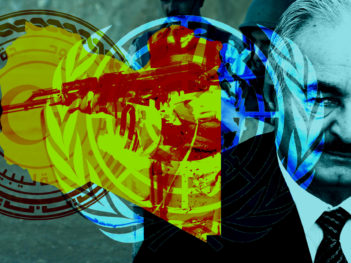
Why There’s Hope for Libya
Libya now has a unified national government that resulted from a peaceful transition of power and handover by the two rival governments. Two top U.N. envoys to Libya say they could have hardly imagined this development a year ago when they were serving in the United Nations.
